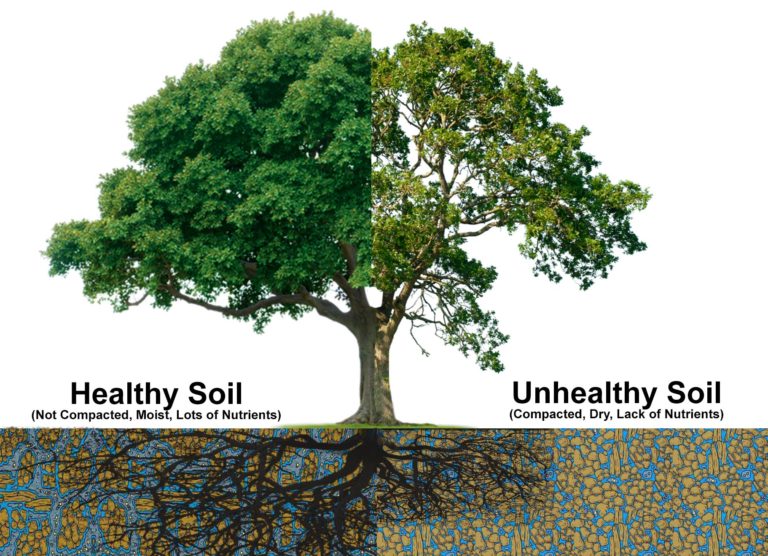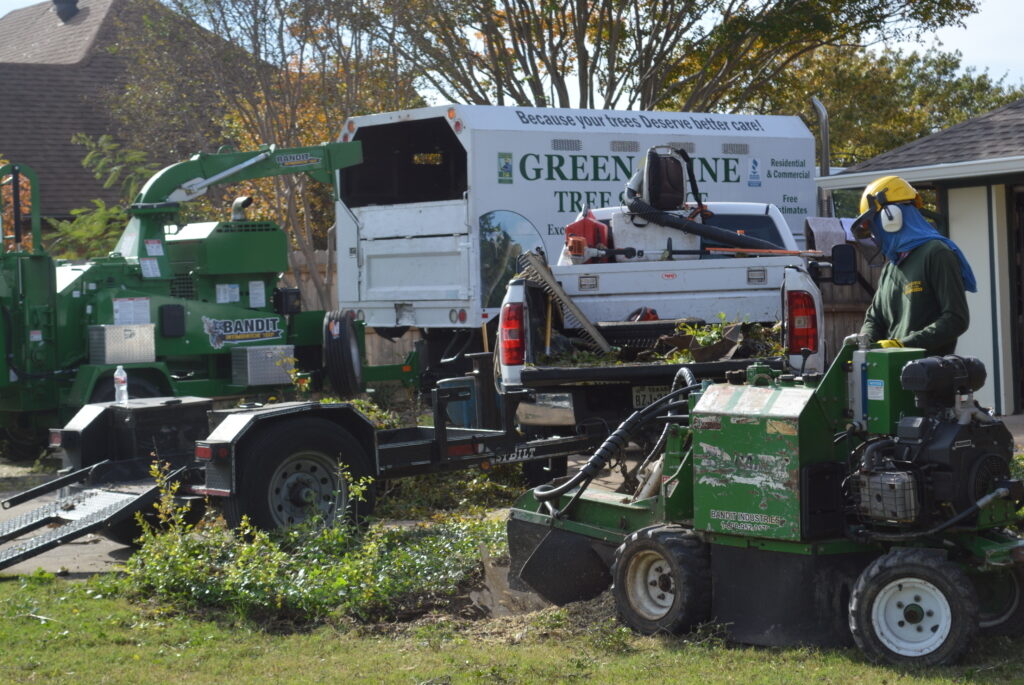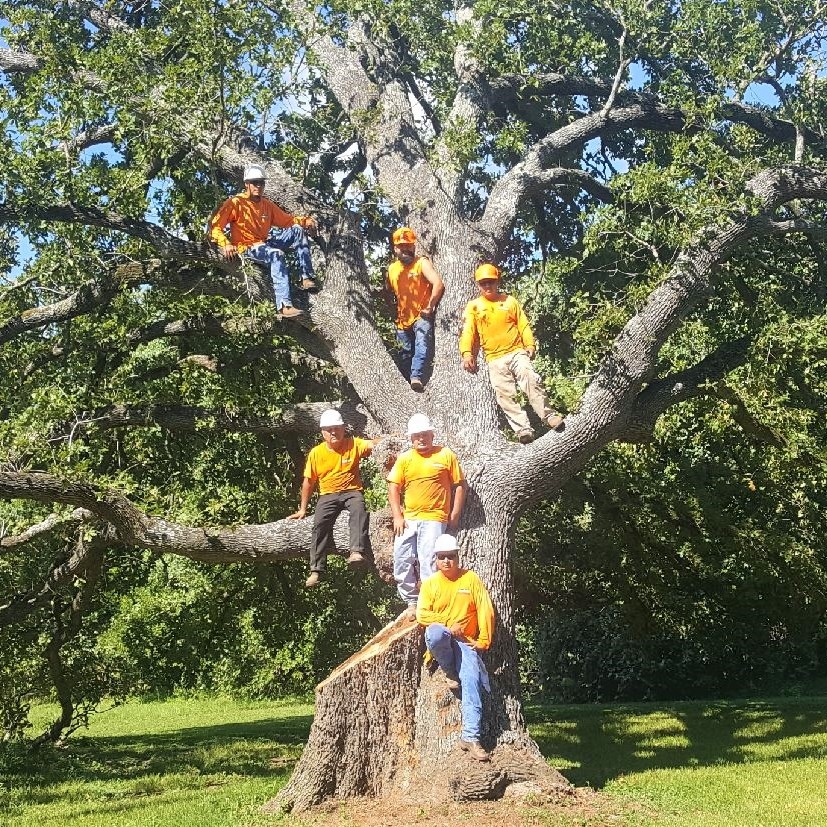Importance of Trees
Introduction
Trees—nature’s silent giants. Have you ever stopped to think about just how crucial they are to life on Earth? From the air we breathe to the food we eat, trees are intertwined with every aspect of our existence. Let’s dive deeper into the ‘importance of trees’ and explore the profound impact they have on our environment, economy, and health.
Trees and the Environment
Trees are essentially the planet’s lungs. They produce oxygen through photosynthesis, helping us breathe fresh air every day. But that’s not all—they also absorb carbon dioxide, playing a pivotal role in reducing the greenhouse effect.
Did you know trees also play a huge role in reducing soil erosion? Their roots hold the soil together, preventing landslides and ensuring the earth beneath our feet remains intact. Moreover, trees help regulate water cycles, absorbing rainwater and reducing the risk of floods.
Trees and Climate Regulation
Ever felt cooler under the shade of a tree? That’s because trees help regulate temperature! In cities, they act as natural air conditioners, reducing the heat-island effect. Through the process of transpiration, they release moisture into the air, keeping the surrounding areas cool. It’s no surprise that neighborhoods with more trees are significantly cooler in summer compared to those with none.
By stabilizing the climate, trees are like nature’s thermostat, quietly working to keep temperatures in check.
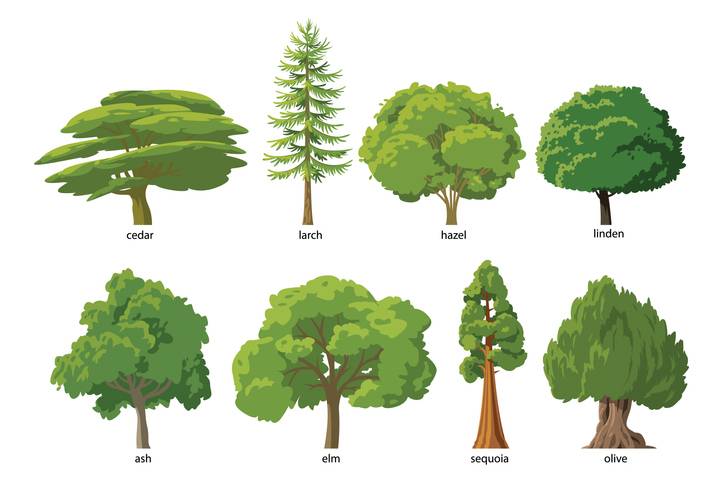
Trees as Habitats
For animals, trees aren’t just decorative—they are home. From birds nesting in the branches to insects living in the bark, trees are teeming with life. In fact, many ecosystems rely entirely on trees for their survival. Forests, for example, are biodiversity hotspots, home to countless species of plants, animals, and microorganisms.
When we lose trees, we lose entire ecosystems. The destruction of forests leads to a loss of habitat for thousands of species, driving many to the brink of extinction.
Trees and Human Health
Think of how refreshed you feel after a walk in the woods. That’s no coincidence—trees have a calming effect on the human mind. Numerous studies show that spending time in green spaces can reduce stress, anxiety, and even depression. It’s no wonder tree-lined parks are a favorite spot for city dwellers looking to unwind.
Besides mental health, trees also contribute to physical health by purifying the air. They trap dust, pollutants, and harmful gases, providing us with cleaner air to breathe.
Economic Importance of Trees
importance of trees are more than just aesthetic—they’re economic powerhouses. In agriculture, they provide fruits, nuts, and wood that sustain communities around the world. Timber from trees is used in construction, furniture-making, and paper production.
Moreover, in urban settings, trees can increase property values, as homes surrounded by greenery are more appealing to potential buyers. Their shade also reduces energy costs by cooling homes naturally.
Trees and Culture
Throughout history, trees have held deep cultural significance. From the olive trees of Greece, symbolizing peace, to the sacred banyan trees in India, trees are revered in various cultures around the globe. They have been depicted in art, literature, and religion as symbols of life, growth, and wisdom.
Trees and Food Security
When you think of food, do you think of trees? You should! Trees provide us with essential food resources, like fruits and nuts. Beyond that, they support pollinators like bees, which are vital for the growth of many crops.
Sustainable agriculture often includes agroforestry, where trees are integrated into farming systems, improving soil health, water retention, and crop yields.
How Trees Contribute to the Fight Against Climate Change
In the fight against climate change, trees are our greatest allies. Reforestation (replanting forests) and afforestation (planting trees where there were none) are strategies that help absorb carbon dioxide from the atmosphere, mitigating climate change effects.
Many organizations now offer carbon-offset programs where you can plant trees to balance out your carbon footprint.
Urban Trees and Their Benefits
Ever wonder why cities with more trees feel more peaceful? Urban trees not only cool down the area, but they also improve the aesthetic appeal of neighborhoods. Green spaces in urban areas provide social benefits, fostering community spirit and offering a space for recreation.
Beyond the social aspects, urban trees are vital for reducing noise pollution and improving overall air quality.
Challenges Facing Trees
Unfortunately, trees face numerous threats. Deforestation, driven by agriculture and urbanization, is one of the biggest challenges. Invasive species and diseases also pose significant risks, weakening or killing native trees. Lastly, climate change is affecting trees’ ability to grow, especially in regions where temperatures are rising too quickly for species to adapt.
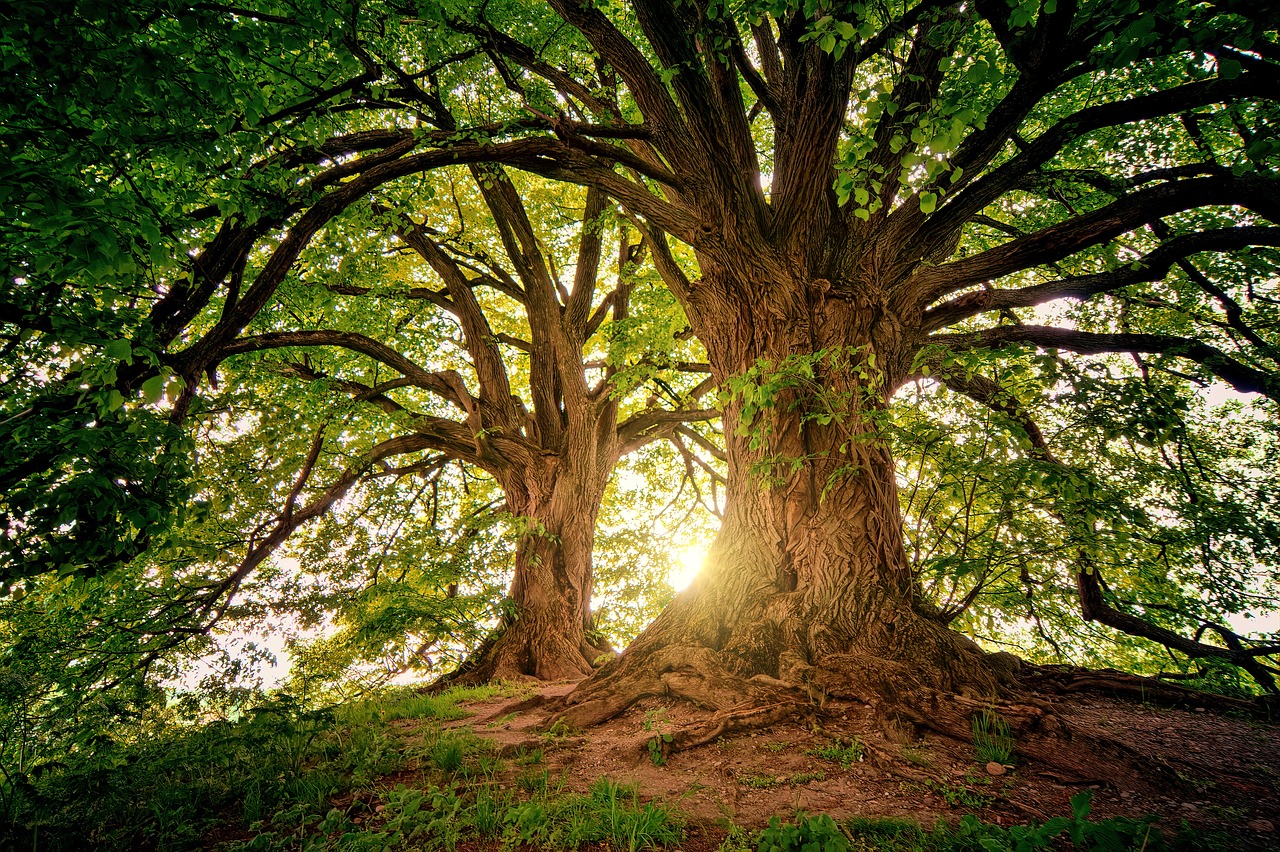
Efforts to Protect and Restore Trees
Thankfully, many governments and organizations are working to protect trees. Initiatives like tree-planting programs, reforestation efforts, and policies against illegal logging are helping to restore tree populations. importance of trees Non-profit organizations, like the Arbor Day Foundation, encourage community involvement in these efforts.
How Individuals Can Help
Want to help save the trees? You can start by planting trees in your community or even in your backyard. You can also support companies that use sustainable wood products, and try to reduce your paper usage by going digital wherever possible.
Conclusion
Trees are essential to life on Earth. From providing oxygen and food to supporting biodiversity and stabilizing the climate, their importance cannot be overstated. Now more than ever, it’s time for us to recognize the role trees play and do our part in preserving them for future generations.
